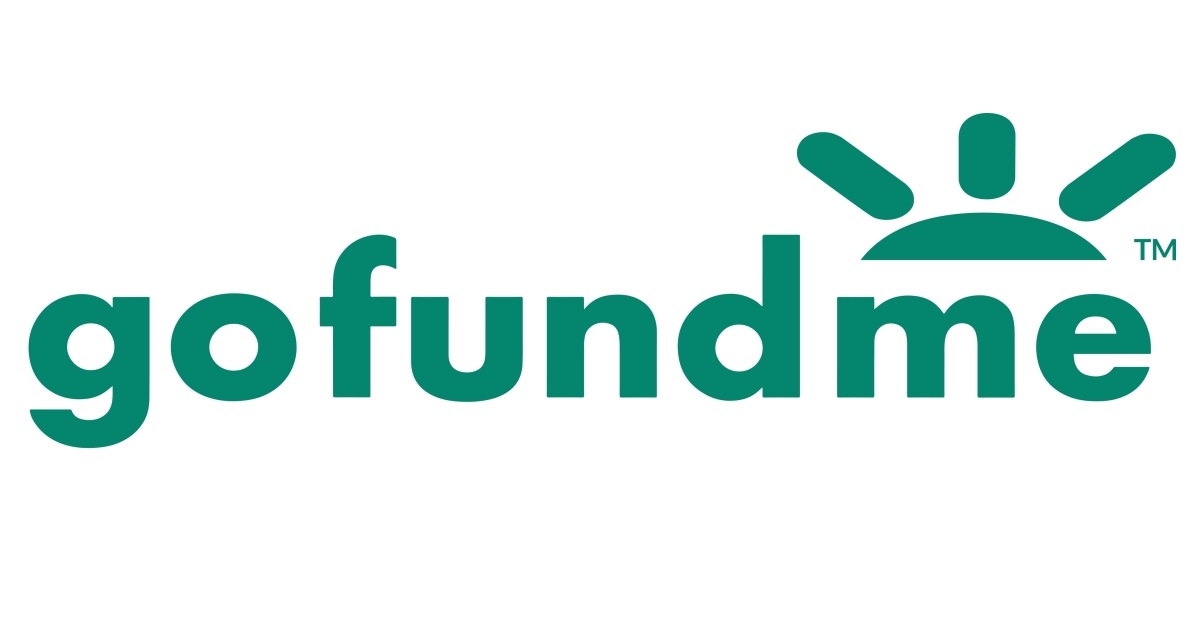Home > NF2 Facts & Information > Damage - Tumors and Schwann Cells > Brain Compression >
Strokes
Last Updated: 10/27/25
Index
- Causes
- Types
- Symptoms
- Preventive Medications
- Recovery
- Sources
As a result of tumor growth, individuals with Neurofibromatosis Type 2 (NF2) are at risk of having Strokes. A stroke is a "brain attack". It can happen to anyone at any time. It occurs when blood flow to an area of brain is cut off. When this happens, brain cells are deprived of oxygen and begin to die. When brain cells die during a stroke, abilities controlled by that area of the brain such as memory and muscle control are lost.
Strokes are similar to Epilepsy (Seizures), where:
- damage to the brain on the left side of the brain can cause a seizure on the right side of the body
- damage to the brain on the right side of the brain can cause a seizure on the left side of the body
Strokes can be the result of damage to Artery as a result of; 1) Diabetes, 2) High Blood Pressure, or 3) Lesion Growth - On, Inside, or Pressing on an Artery. NF2 brain tumors also known as Lesions, are primarily either; Schwannoma or Meningioma; these tumors can compromise Arteries in the brain and can cause damage of any of the three Stroke types.
Schwannoma are tumors that are an overgrowth of nerve cells that can eventually kill the nerve as they grow destroying the circulation of the nerve's blood flow, and while these tumors most commonly grow on Cranial Nerves, these nerves that control different muscle and sensory purposes, but these tumors can also grow on Arteries.
Meningioma like Schwannoma are also an overgrowth of cells but Meningioma grows as isolated masses, like a balloon being filled with air. Growth in this fashion cause pressure to the structures in the skull, this is called Brain Tumor Burden. While slow growth of these tumors can give the contents in the skull time to adjust without considerable damage, but there is only so much compression the brain, nerves and arteries can take before nerves and arteries lose function or explode resulting in an issue like one of the three stroke types.

2. Types
The different Stroke types include:
- Ruptured Aneurysm also known as Hemorrhagic Stroke: a leaking or burst blood vessel
- Thrombus also known as Ischemic Stroke: a blocked artery
- Embolism also known as Transient Ischemic Attack (TIA): a temporary disruption of blood flow through brain
Ischemic Stroke
Possible treatment for Ischemic Stroke includeds IpsiHand®
3. Symptoms
Symptoms of strokes can include:
- Trouble walking
- Trouble speaking
- Trouble understanding
- Sudden paralysis of face arm or leg
- Trouble seeing in one or both eyes
- Severe headache
- Dizziness
- Nausea
4. Preventive Medications
While lowering blood pressure and controlling diabetes if you have it is advised following any form of stroke, when the stroke forms and they are either an Ischemic or a TIA doctors are likely to suggest:
- Anti-platelet drugs: Platelets are small disk-shaped cell fragments without a nucleus that are involved in blood clotting.
- Anticoagulants: These drugs reduce blood clotting.
5. Recovery
At any signs of a stroke it is important to seek immediate care, either by Calling 911 or allowing for someone to immediately drive you to the hospital.
Today with medication and advanced image monitoring methods, survival and recovery from different stroke forms is a lot more likely than it was in the past.
6. Sources
- Neurolutions
- National Stroke Association. National Stroke Association. What is stroke? http://www.stroke.org/understand-stroke/what-stroke
- Mayo Foundation for Medical Education and Research. (April 15, 2014) Stroke. Diseases and Conditions. http://www.mayoclinic.org/diseases-conditions/stroke/basics/definition/con-20042884
- National Institute of Neurological Disorders and Stroke. (April 28, 2014) http://www.ninds.nih.gov/disorders/stroke/stroke.htm


 |Google Play
|Google Play